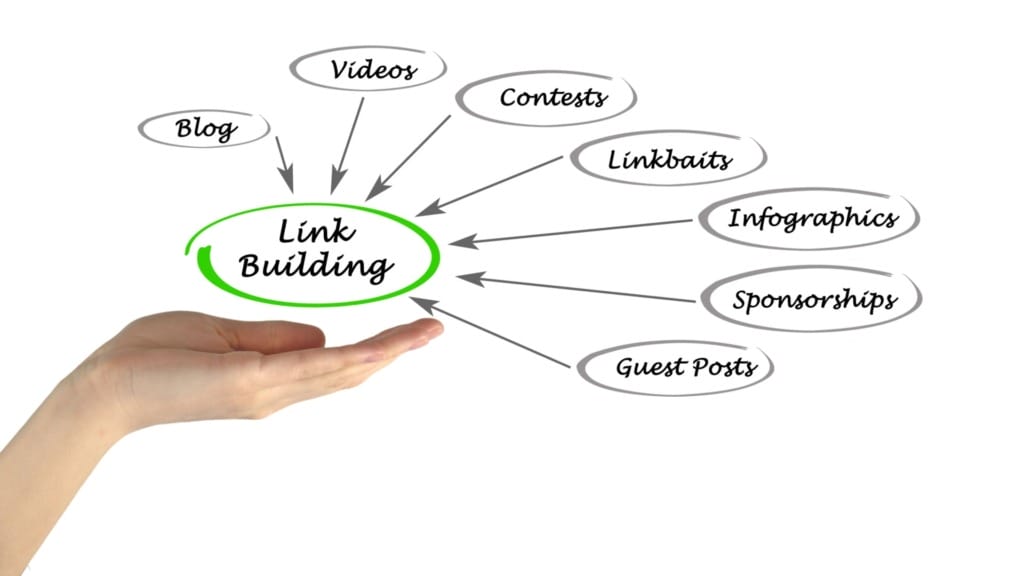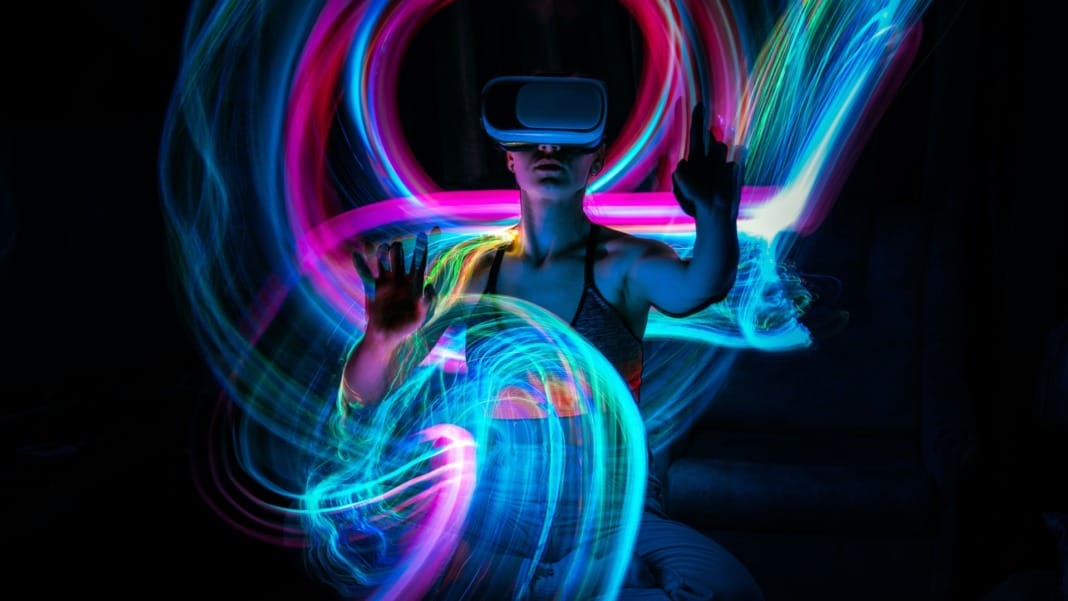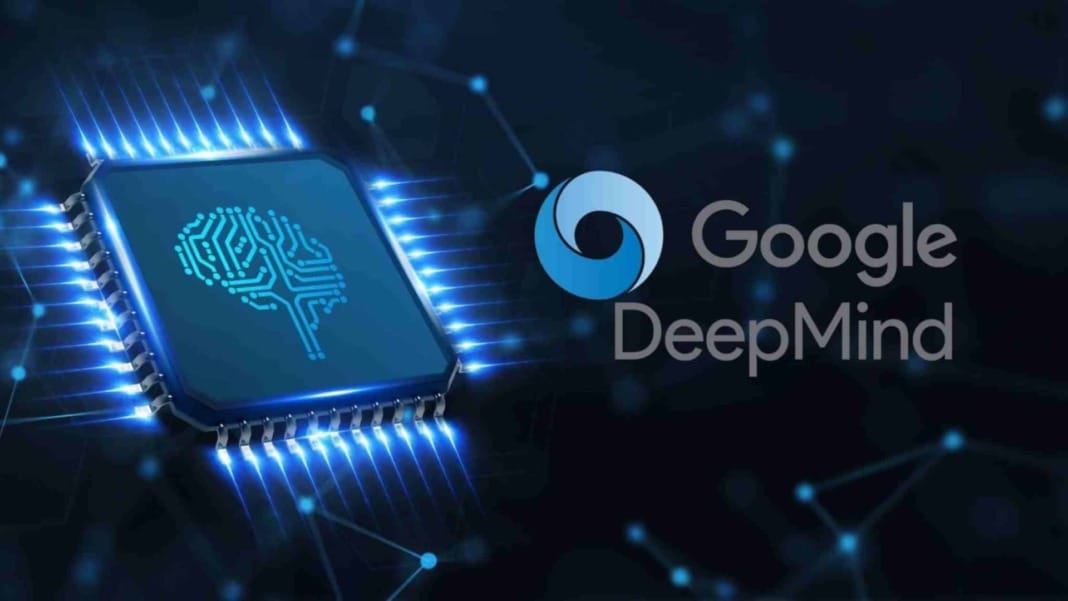During a recent search marketing conference, Google’s Gary Illyes sparked discussion by stating that Google now requires very few links to rank pages, suggesting a significant shift in how search engines assess website authority. This statement aligns with the evolving understanding that other factors may be more crucial for publishers to consider.
The evolving role of links in search engine rankings
Historically, links have been integral to search engine algorithms since the late 1990s, initially serving as a strong indicator of a website’s authority. This concept was significantly shaped by Jon M. Kleinberg’s research in his 1998 paper, “Authoritative Sources in a Hyperlinked Environment.” Kleinberg’s work highlighted the challenge of filtering through vast numbers of web pages to determine their relevance and authority based on links.
Google founders Larry Page and Sergey Brin further developed this idea, utilising anchor text in links as a way to gauge the subjective relevance of web pages based on human opinions across the internet. This approach effectively used the vast link structure of the web as a crowdsourcing tool for ranking pages.
What Gary Illyes and others say about the changing importance of links
At the 2024 search conference in Bulgaria, Illyes commented on the diminishing importance of links in Google’s algorithm, a sentiment he later echoed on Twitter, albeit with some reservations about his forthrightness. This statement was further confirmed by other industry professionals, including Patrick Stox, who highlighted Illyes’s remarks about Google’s reduced reliance on links over the years.
Google’s journey with links has seen significant changes, especially in response to manipulative practices that emerged as SEO tactics evolved. Early link-based ranking was non-spammy and effective, but over time, Google had to adjust its approach as tactics like comment spam and manipulative link placements became more common. Notably, in 2012, Google’s Penguin update targeted and penalised such practices severely.

By 2019, Google had begun to selectively use nofollow links in ranking, a move away from their previous stance on the link signal, reflecting a broader shift in their ranking factors. By 2023, links were no longer considered top-tier ranking factors, and the March 2024 Core Algorithm Update further de-emphasised their importance.
John Mueller of Google also advised that there are more significant SEO activities to focus on than link-building, suggesting that overemphasis on links could lead to inefficiencies and missed opportunities for improving website quality overall.
Why Google’s reliance on links has diminished
The reduced dependency on links can be attributed to advancements in AI and natural language processing technologies, which allow Google to understand content with remarkable accuracy without heavily relying on link-based signals. This technological evolution suggests a shift towards a more sophisticated and nuanced approach to search rankings, where the quality of content and user engagement metrics play increasingly pivotal roles.
Overall, while links once formed the backbone of SEO, their importance has waned as Google’s algorithms have become more advanced and capable of assessing a website’s relevance and authority through more holistic and sophisticated means.





